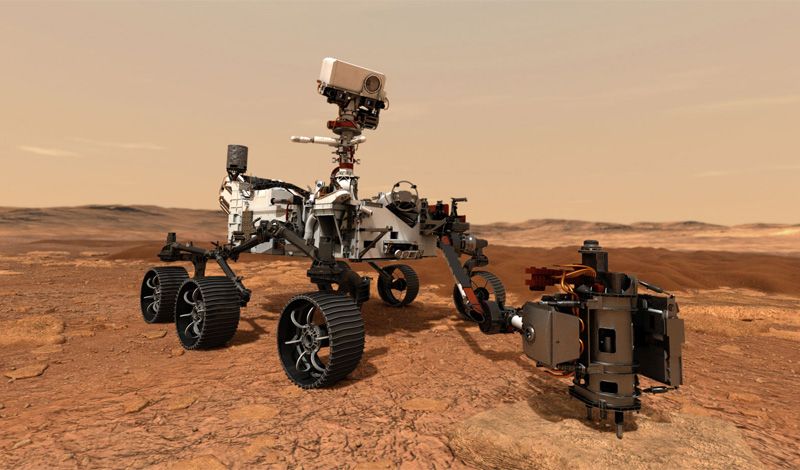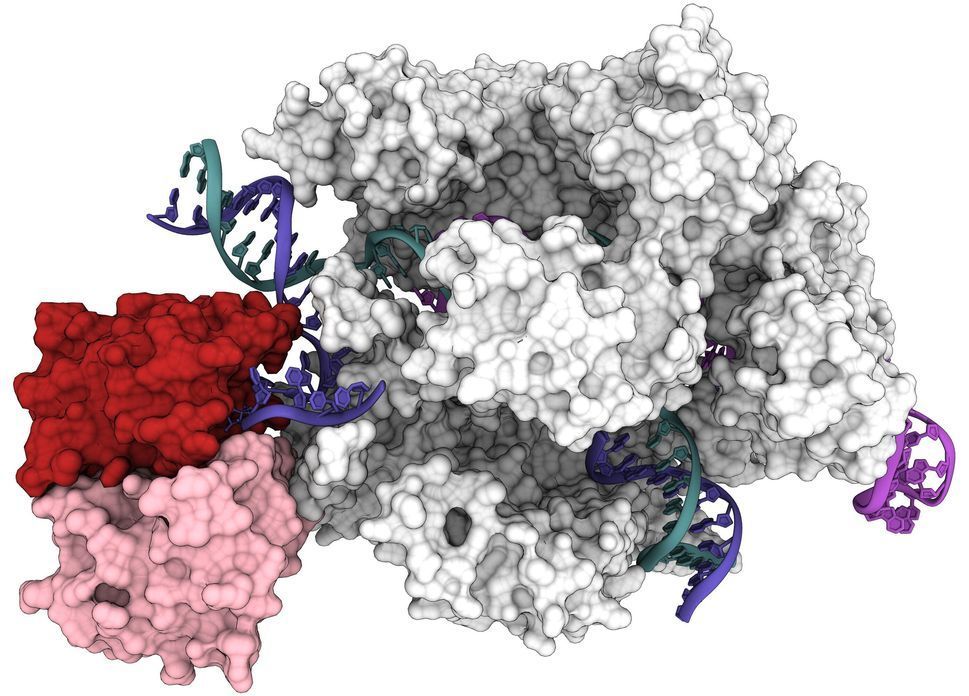Steve Granick, Director of the IBS Center for Soft and Living Matter and Dr. Huan Wang, Senior Research Fellow, report together with 5 interdisciplinary colleagues in the July 31 issue of the journal Science that common chemical reactions accelerate Brownian diffusion by sending long-range ripples into the surrounding solvent.
The findings violate a central dogma of chemistry, that molecular diffusion and chemical reaction are unrelated. To observe that molecules are energized by chemical reaction is “new and unknown,” said Granick. “When one substance transforms to another by breaking and forming bonds, this actually makes the molecules move more rapidly. It’s as if the chemical reactions stir themselves naturally.”
“Currently, nature does an excellent job of producing molecular machines but in the natural world scientists have not understood well enough how to design this property,” said Wang. “Beyond curiosity to understand the world, we hope that practically this can become useful in guiding thinking about transducing chemical energy for molecular motion in liquids, for nanorobotics, precision medicine and greener material synthesis.”









